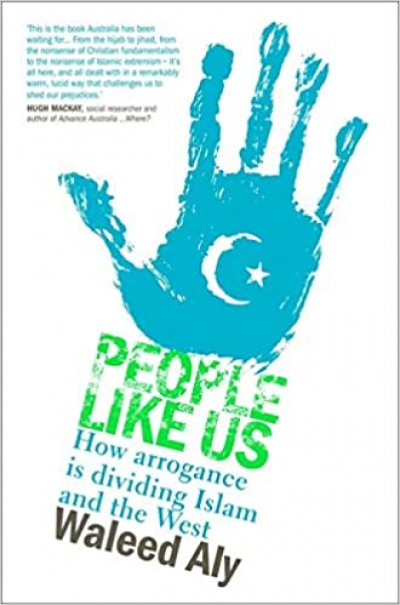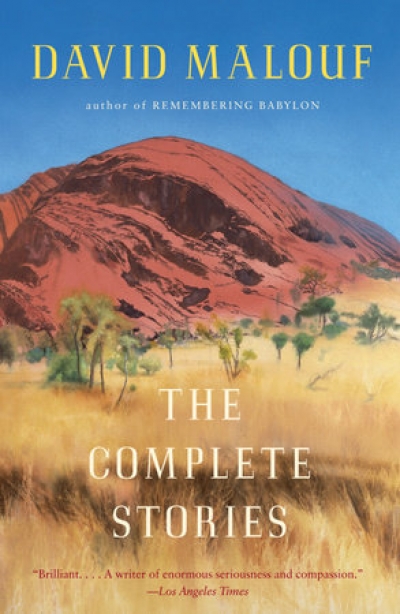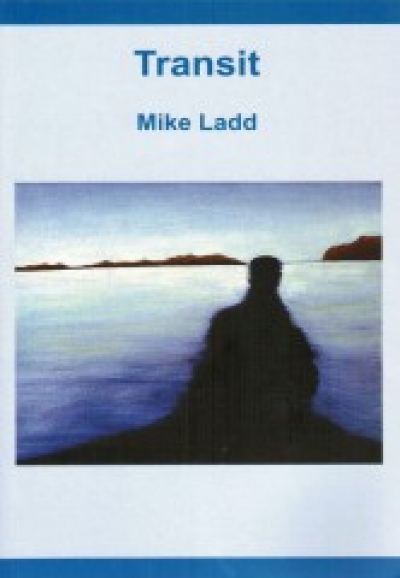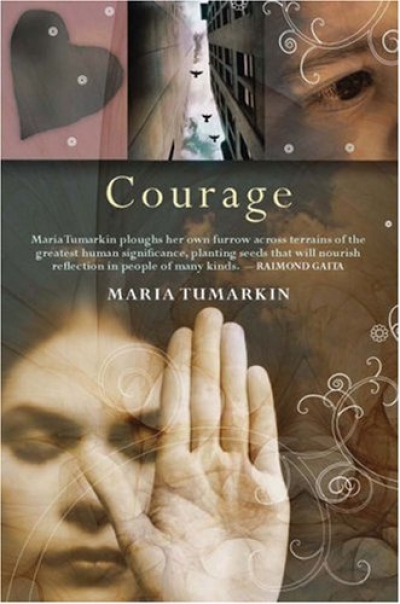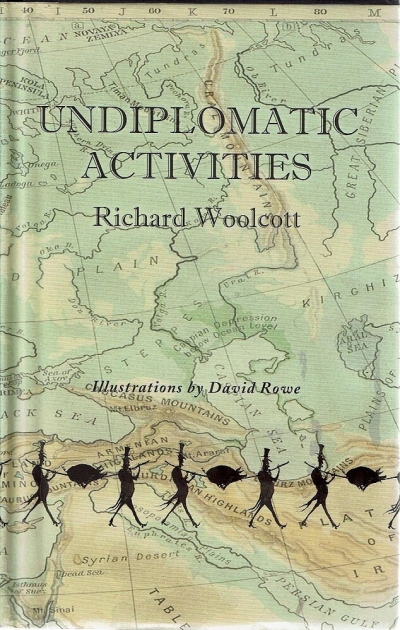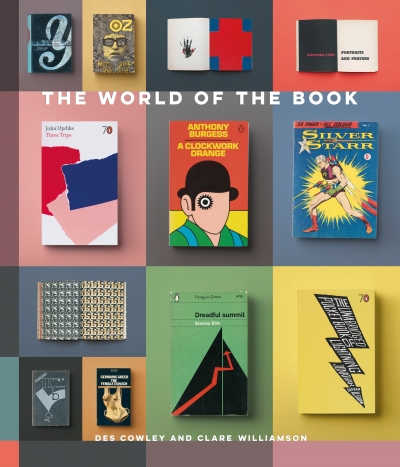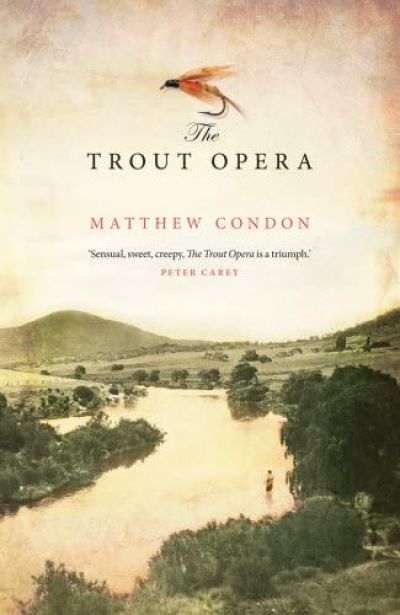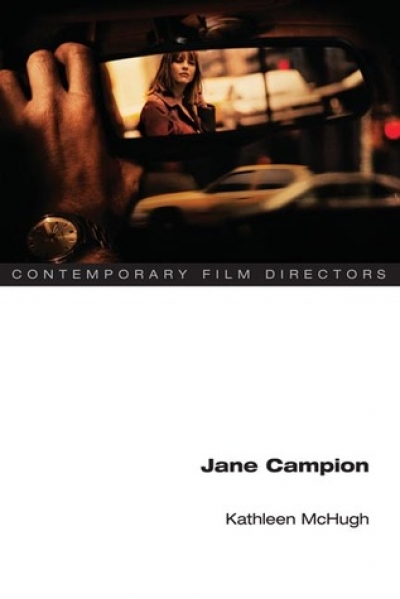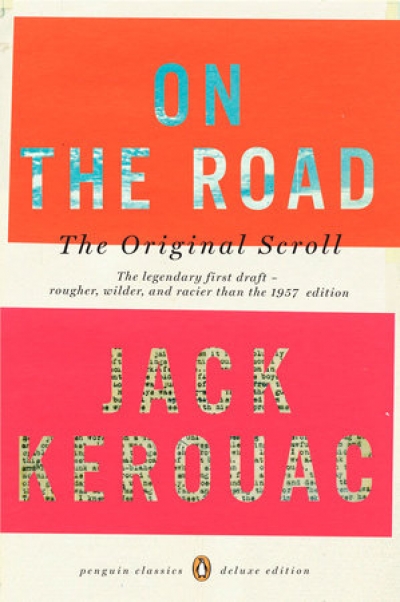Archive
Like Us: How arrogance is dividing Islam and the West by Waleed Aly
by Jonathan Pearlman •
Undiplomatic Activities by Richard Wollcott, illustrations by David Rowe
by Joan Grant •
was all it said
just a tiny message
to let me know
that all the way over there
where she was
... (read more)The World of the Book by Des Cowley and Clare Williamson
by Ian Morrison •
On the Road: The original scroll by Jack Kerouac
by Richard Watts •

